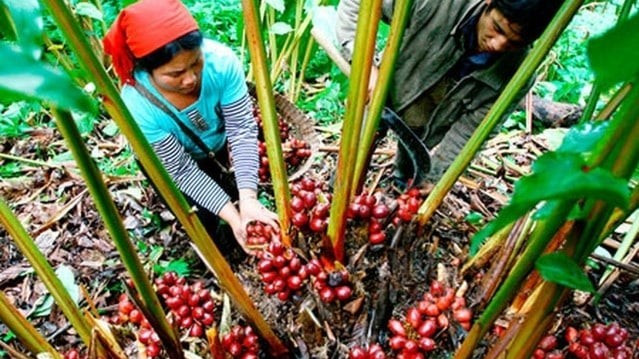
Abundant but untapped resources
The Northwest, a sacred and majestic land, has long been blessed by nature with outstanding advantages in climate, soil and rich biodiversity. With these ideal conditions, the Northwest is considered by experts to be the most potential region in developing agricultural and forestry products in Vietnam. In particular, it is necessary to mention the extremely valuable medicinal plant resources. This place is also considered by experts and scientists as the "medicinal capital" of Vietnam.
The opportunity for Northwest medicinal herbs is enormous, as market demand, both domestic and international, is increasing strongly.
Mr. Le Quoc Doanh, former Deputy Minister of Agriculture and Rural Development (now the Ministry of Agriculture and Environment ), Chairman of the Vietnam Gardening Association, commented: The Northwest has advantages to develop high-value agricultural products.
Regarding medicinal herbs, Vietnam currently consumes about 80,000 tons domestically each year, while its self-sufficiency capacity can only meet 20-30%. This market gap is a golden opportunity for the Northwest if it can organize systematic production according to the value chain, build standard growing areas and promote deep processing.
Although considered a "natural competitive advantage" of the mountainous region, the rich natural medicinal resources of the Northwest have not yet developed into a large-scale and high-value industry.
Associate Professor, Dr. Nguyen Lan Hung frankly stated: “One of the areas that is still open and not properly exploited is medicinal plants. Medicinal plant production is currently fragmented, small-scale, and lacks a value chain link from production to consumption, making it difficult for products to achieve optimal value."
One of the areas that is still open and not being exploited properly is medicinal plants. Medicinal plant production is currently fragmented, small-scale, lacking value chain linkage from production to consumption, making it difficult for products to achieve optimal value.
Associate Professor, Dr. Nguyen Lan Hung
One of the core reasons is that the policy and legal system is still lacking in synchronization and specificity.
Dr. Pham Quang Tuyen (Institute of Forestry Research) said that the development of medicinal herbs under the forest canopy is facing many difficulties because current regulations only incorporate medicinal herbs in the forestry or traditional medicine sectors, without a separate legal corridor. This makes it difficult for many localities to plan large raw material areas, standardize production processes and improve quality.
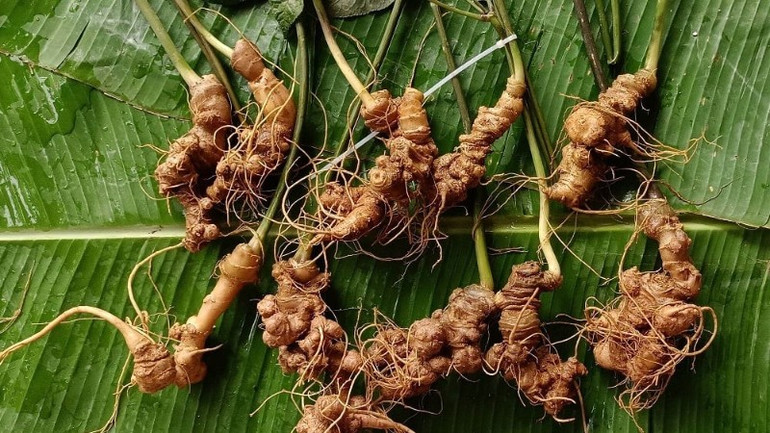
In addition, the lack of technical standards for sustainable exploitation is putting medicinal herbs at risk of being exhausted. Meanwhile, businesses are reluctant to invest in deep processing and value chains due to the lack of appropriate credit and insurance policies.
Regarding the endemic Lai Chau ginseng species, Mr. Bui Huy Phuong, Director of the Department of Agriculture and Rural Development of Lai Chau province, said that the locality encountered difficulties in granting codes for ginseng growing facilities according to Decree 06/2019/ND-CP and 84/2021/ND-CP.
Mr. Phuong proposed that there should be separate mechanisms and policies for the development of Vietnamese ginseng in general and Lai Chau ginseng in particular, from investment, exploitation to processing. Currently, Lai Chau ginseng has not been recognized in the DNA list in Japan, a potential market, causing obstacles in export.
Since the beginning of 2022, Lai Chau provincial authorities have handled 40 ginseng-related violations, including 37 administrative cases and 3 criminal cases, with a total of more than 1 ton of ginseng confiscated. This shows the urgency of a transparent and strict legal framework to protect this precious resource.
Need for comprehensive strategy and technological breakthrough
In addition to policy barriers, Northwest medicinal herbs also face limitations in science, technology and investment.
Mr. Bui Huy Phuong proposed to promote in-depth research on Lai Chau ginseng tissue culture for fast and effective propagation; apply advanced pest control measures; perfect the technical process from planting, care to harvesting; determine chemical composition, pharmaceutical substances, and detailed medicinal properties; and build production and processing processes that meet international standards such as GACP-WHO, GMP-WHO.
Currently, the region’s preservation, processing and traceability technology has not yet met the requirements of the export market. Therefore, comprehensive investment is needed, from facilities to modern technology transfer.
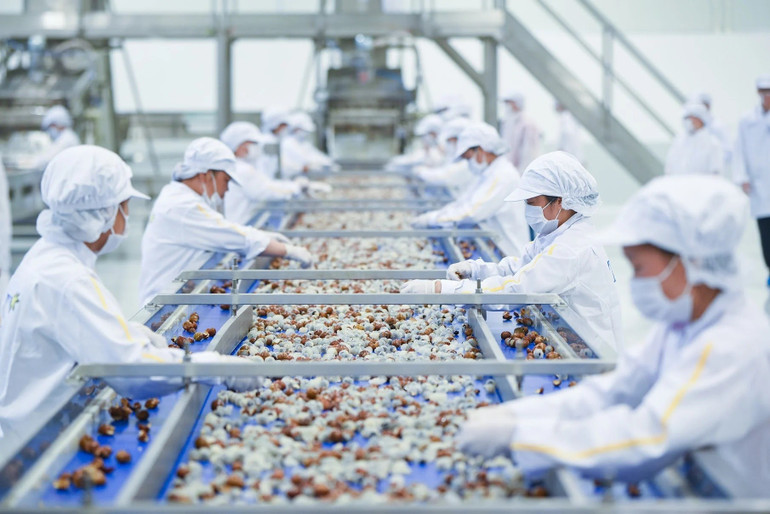
Associate Professor, Dr. Nguyen Lan Hung proposed: Each hectare of agricultural land in mountainous areas needs to achieve a minimum income of 100 million VND/year, especially for medicinal plants. To do so, it is necessary to reorganize the entire production chain, from cultivation, preliminary processing, processing to consumption, to maximize value and build a sustainable regional brand.
Vice Chairman of the People's Committee of Son La province Nguyen Thanh Cong affirmed: Organizing production in a closed chain is an inevitable requirement for sustainable development. Son La is currently orienting agricultural development towards organic, smart and applying science and technology.
In Lai Chau, Vice Chairman of the Provincial People's Committee Ha Trong Hai said that the province is focusing on preserving the original breed, selecting high-quality mother trees and parent trees, and establishing raw material areas to develop Lai Chau ginseng in an organic, clean, and international-standard direction.
This locality does not expand indiscriminately, but focuses on improving the quality and efficiency of production. Lai Chau also prioritizes developing infrastructure for ginseng cultivation and processing, combining community tourism development, supporting varieties, building processing plants and promoting trade.
In the first phase, the province aims to process Lai Chau ginseng into functional foods to facilitate access to the Japanese and international markets, gradually putting the product into the official list of raw materials.
Mr. Le Quoc Doanh emphasized that to develop sustainably, there must be close links between stages from production, processing, preservation to consumption. At the same time, it is necessary to coordinate synchronously between functional agencies, businesses and localities to remove common bottlenecks and effectively exploit the "heaven-sent" medicinal advantages of the Northwest region.
Source: https://nhandan.vn/danh-thuc-tiem-nang-troi-cho-cua-duoc-lieu-tay-bac-post890997.html



![[Photo] General Secretary To Lam attends the 80th Anniversary of the People's Court's Traditional Day](https://vphoto.vietnam.vn/thumb/1200x675/vietnam/resource/IMAGE/2025/9/13/ff42d08a51cc4673bba7c56f6a576384)
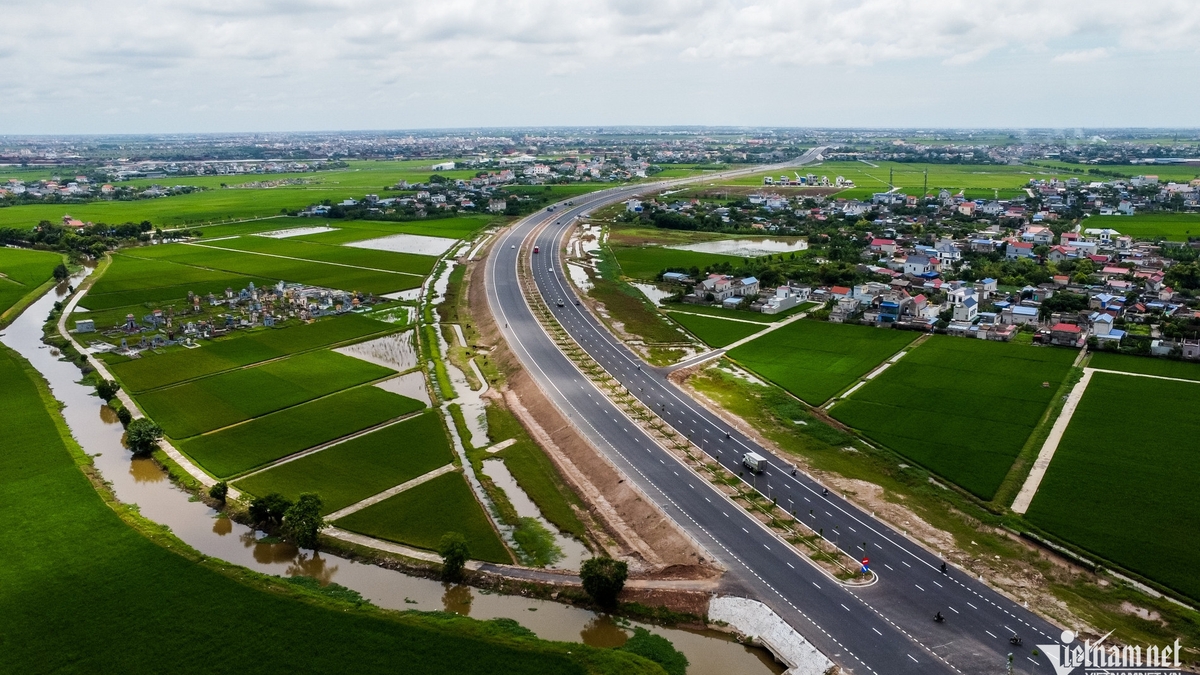
![[Photo] Hundreds of meters of Hoi An coastline seriously eroded](https://vphoto.vietnam.vn/thumb/1200x675/vietnam/resource/IMAGE/2025/9/13/57c85b745a004d169dfe1ee36b6777e5)





















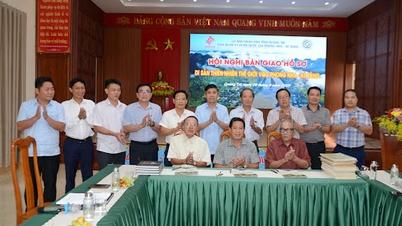
























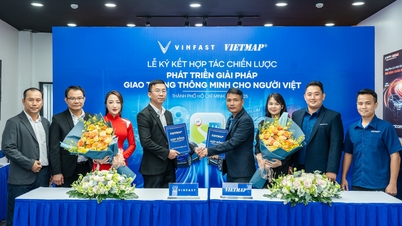














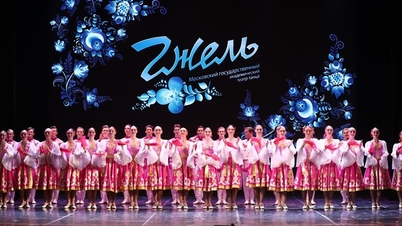



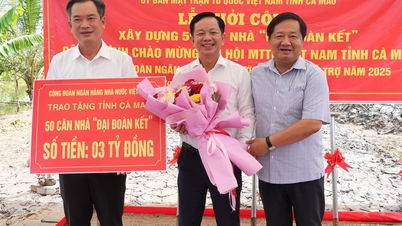







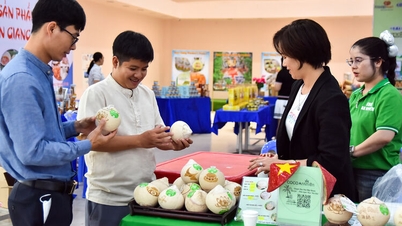












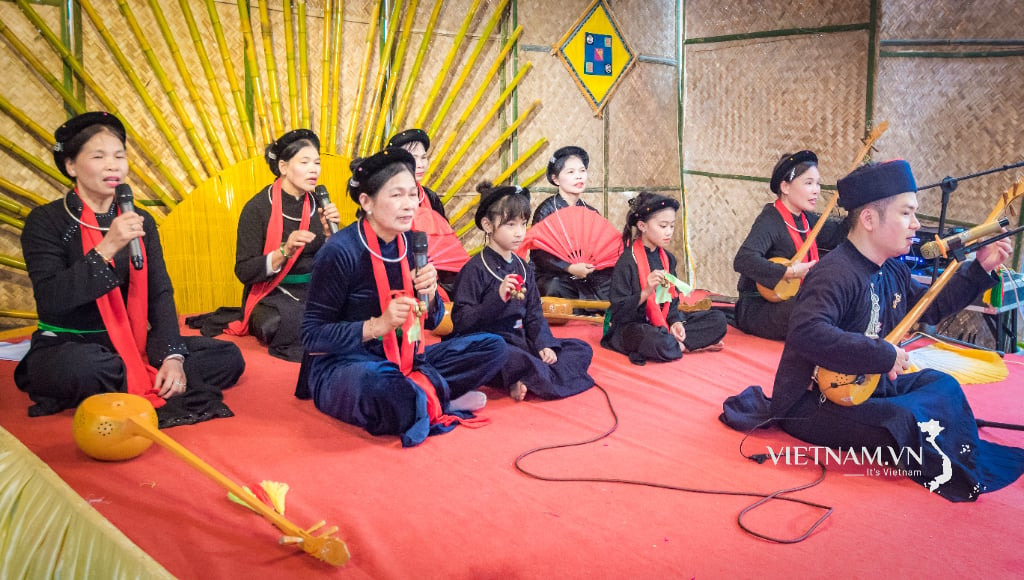

Comment (0)